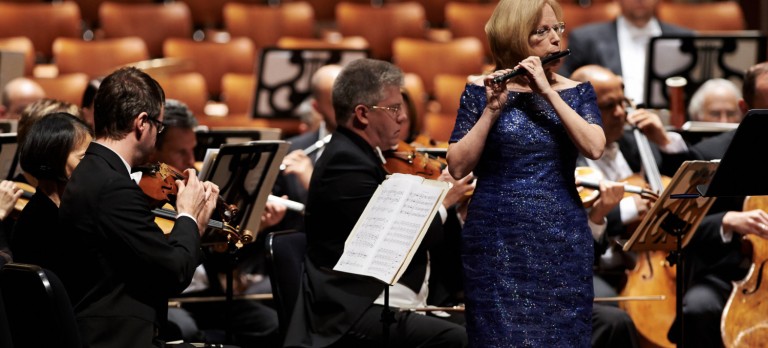Sue Enquist is the former Head Softball Coach at UCLA, where she led her team to 11 National Championships! Click here to watch her video “Fear and Failure" from What Drives Winning website. Here’s some stuff that she says:
“Failure and success — they hold hands. Can’t have one without the other. Success has no meaning if we have no context.”
“Failure recovery is the key to sustainable excellence. We have 100% control over it. Build a system, practice it…”
“Excellence does not blink. Excellence does not wait for you to get rid of your junk. Excellence keeps moving.”
Athletes know that it’s very rare to win all of the games. Sometimes you win, sometimes you lose. Well coached teams understand that sometimes you play the best game that you can possibly play, but the other team is better. In that case, the other team deserves that win. Failure doesn’t always mean that you performed poorly, sometimes you’re simply outclassed by better athletes, better coaching or the combination. This is fundamentally different from making mistake after mistake, mentally shutting down, and not showing up to play your game. In that case, losing is an appropriate result for the overall lack of organized effort.
In the music world, we’re trained in error detection. In aural skills, we don’t get points for every note we write correctly. We lose points for the ones we get incorrect. When we listen or watch recordings of our own performances, our awareness goes right to the things that we didn’t play as well as we wanted to in terms of intonation, phrasing, or style. Many times in lessons and coachings, the first words out of the teacher’s mouth are about things that we didn’t do well enough or things that need to be fixed.
The stakes are high in the music business. One wrong note or rhythm mistake will prevent you from moving on to the next round in an audition or winning the whole thing at the end. Mistakes can and do prevent musicians from advancing to the next round in competitions. I’ve been the musician going home from the audition, failing to advance, and feeling like I’m the worst flutist in the history of the world.
We, as a group, need to rethink the whole idea of failure. When was the last time you learned something new on your first try? Most babies don’t stand up and start to walk until they have fallen on their butts a gazillion times. How many times did you crash your bike when learning to ride without training wheels? How many times did you mess up the skateboard trick or fall on water skis before you figured it out?
What would happen if we considered failure to be not the final destination, but a necessary step along the path to excellence? What would this look like? What if we listened back to recordings, identified the problem spots, spent time figuring out what the specific problem was, designed a strategy (or strategies) to fix the specific problem and then practiced it without that little voice in our heads going off about failing again? What if it was just information?
When things don’t go as well as we hoped in performance, what if we stopped listening to that negative voice in our head and just kept moving forward, staying in the moment? What if we truly embodied the concept that excellence does not wait for us… we have to be in the moment and go after it without the fear of failure? What if we decided that our goal was to deliver an authentic, emotionally invested performance to our audience instead of trying to get every single note correct? What if???

